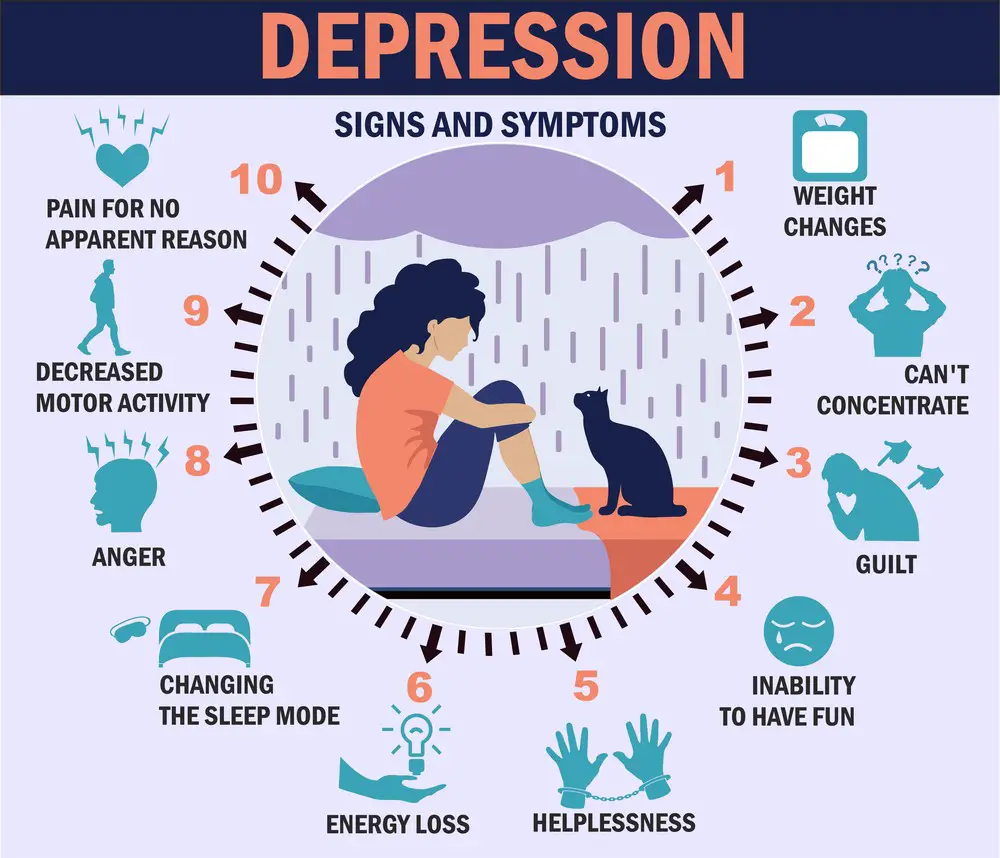As a BetterHelp affiliate, we receive compensation from BetterHelp if you purchase products or services through the links provided
As a clinician working with men every day, I see firsthand the struggles they face—the battles waged in silence, the weight of unspoken expectations, and the quiet suffering that too often goes unnoticed. Men are conditioned to be strong, to push through, and to bear burdens alone. But the cost of this silence is devastating.
The Unspoken Struggle

Men experience anxiety, depression, and stress at alarming rates. Yet, many hesitate to seek help, fearing judgment, weakness, or failure. The reality? Bottling up emotions doesn’t make them disappear—it amplifies them, often leading to destructive coping mechanisms like substance use, isolation, or workaholism. Left unchecked, these issues can escalate into chronic stress, burnout, relationship breakdowns, and even suicidal ideation. The statistics are sobering: men account for nearly 75% of all suicides worldwide, yet many suffer in silence until it’s too late.
Why Traditional Masculinity Can Hurt Mental Health
Society has long equated masculinity with stoicism and self-reliance. While resilience is valuable, the expectation that men must always have it together leaves many feeling trapped. The pressure to be the provider, the fixer, and the strong one can lead to emotional suppression, making it difficult to ask for support—even when it’s needed most. Many men report feeling ashamed for experiencing emotional distress, believing they should “man up” and handle problems alone. But true masculinity isn’t about isolation—it’s about adaptability, growth, and self-awareness.
The Hidden Costs of Silence
When men ignore their mental health, the consequences extend beyond their personal well-being. Relationships suffer when emotional connection is stifled. Productivity at work declines when stress and anxiety remain unaddressed. Physical health takes a hit, as chronic stress contributes to heart disease, high blood pressure, and weakened immune function.
Men often turn to distractions—overworking, excessive screen time, unhealthy eating, or substance use—to cope. These may provide temporary relief, but they don’t address the root issues. In contrast, seeking help and engaging in self-care strategies can lead to lasting improvements in overall well-being and quality of life.

What Needs to Change
- Normalize Seeking Help: Therapy isn’t about weakness—it’s about strength. The strongest men I know are the ones who ask for help when they need it.
- Redefine Strength: True strength isn’t about enduring pain in silence. It’s about facing struggles head-on, acknowledging emotions, and finding healthier coping methods.
- Encourage Open Conversations: Whether with a therapist, friend, or family member, talking about mental health is the first step in breaking the stigma.
- Address Coping Mechanisms: Avoidance and numbing behaviors aren’t solutions. Developing healthy coping strategies—exercise, mindfulness, meaningful relationships—can create lasting change.
- Build a Support System: Isolation feeds mental health struggles. Seeking out trusted friends, peer groups, or mentors can provide a sense of belonging and accountability.
You’re Not Alone
If you’re struggling, know this: you’re not alone, and you don’t have to go through it alone. Seeking help is not a sign of failure; it’s an investment in yourself, your relationships, and your future. No man should have to carry his burdens in silence.
The conversation about men’s mental health is long overdue. It’s time to rewrite the narrative—to create a world where vulnerability is seen as courage, where seeking help is an act of strength, and where every man knows his mental health matters.
If this resonates with you or someone you know, reach out. The first step is always the hardest, but it’s also the most important.
Adam Gelinas, Clinic Director, First Step Men’s Therapy
- Breaking the Silence: Why Men’s Mental Health Matters More Than Ever - April 15, 2025
- How to Transform a Home’s Patio Space into a Relaxing Space - March 23, 2025
- 5 Strategies to Use a Cell Phone to Help Manage Your Stress - March 23, 2025
This site contains affiliate links to products. We will receive a commission for purchases made through these links.



